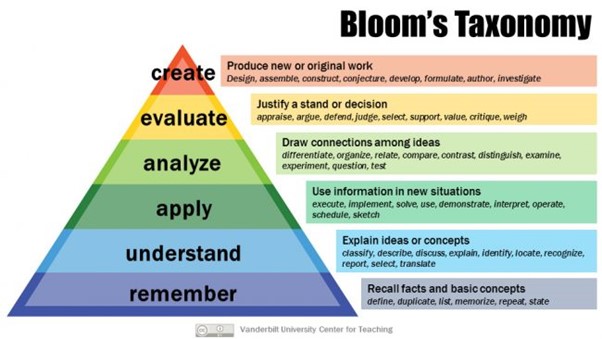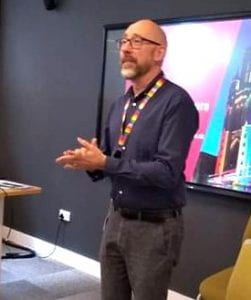 by Shraddha Sriraman, English and History student and Bristol Futures Advocate
by Shraddha Sriraman, English and History student and Bristol Futures Advocate
In this post, I’ll share my experience of using active recall. See my previous post for “How to add active recall to your revision toolkit”
A Students Perspective
Pros
- This method of learning has been hugely beneficial in spreading out my workload so I can work on topics bit by bit, instead of being faced with having to read an entire chapter all in one go (trust me – that is NOT fun)
- I’ve been able to remember information for longer, so it hasn’t just been cramming for the exam and forgetting information as soon as its done!
- It feels like an efficient way of learning, and I learn exactly what I need to know
- I’ve found that I get less distracted, and hence procrastinate less, when I employ active recall techniques. Perhaps this is because I’m actively thinking about the task at hand, instead of passively learning information ( which can be boring!)
Cons
- It does take quite a long time to make flashcards / questions for yourself! But I guess… no pain, no gain!
- Sometimes when you repeat flashcards often, you can pre-empt the question and answer, leading to the same issues as passive learning
Making active recall work for you
- Basing your questions on the learning objectives
By basing your flashcards / test questions on your learning objectives, you know that the information you are retrieving is relevant and going to be beneficial come exam day!
- Knowing when you need to take a break
The annoying part of active recall learning is that it feels like hard work. Though the research shows the wracking your brain to retrieve information leads to stronger memory connections further down the line (Butler, A. C., 2010), making those connections in the first place is quite draining. Hence, its really important to ensure you space out your revision schedule to avoid burn out!
- Don’t get disheartened when you don’t know the answers
This one took me a while to figure out. When I used passive learning methods in the past, I’d learn all the information before tackling the question, so I’d vaguely know how I’d approach giving an answer. When I switched to active recall, I often had no idea how to go about answering the question in front of me which – though it forced me to step out of my comfort zone and apply my learning – was slightly disheartening. The key point to remember is that all of this is still revision and for your own learning. It really is okay to make mistakes at this stage- its just a new learning point!
References
Butler, A. C. (2010). Repeated testing produces superior transfer of learning relative to repeated studying. Journal of Experimental Psychology: Learning, Memory, and Cognition, 36(5), 1118.
Have you tried active recall? What are the pros and cons for you? Add your comments to the discussion below.


 by Gloria Bosi, Mechanical Engineering student and Bristol Futures Advocate
by Gloria Bosi, Mechanical Engineering student and Bristol Futures Advocate

